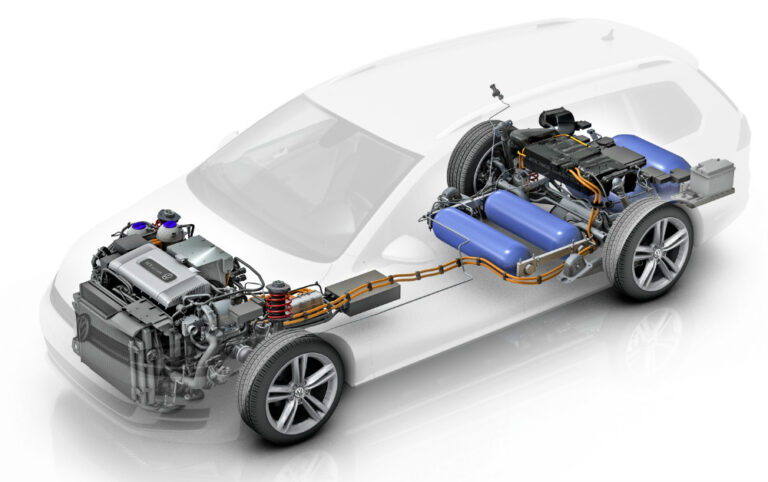For decades, rumors of water-powered cars have captivated conspiracy theorists and eco-enthusiasts alike. From clandestine experiments to alleged corporate cover-ups, the idea of vehicles running solely on water challenges our reliance on fossil fuels. But is this technology feasible, or is it a pipe dream buried by vested interests? Let’s unravel the science, history, and controversies behind water-powered car technology.
What Is Water-Powered Car Technology?
Water-powered cars theoretically use hydrogen extracted from water (via electrolysis) as fuel. The process splits H₂O into hydrogen and oxygen, with hydrogen combusting to power the engine. Proponents claim these vehicles emit only water vapor, offering a zero-emission solution.
Yet, mainstream science dismisses it due to the energy input paradox: electrolysis requires more energy than the hydrogen produces. Critics argue it’s inefficient compared to batteries or direct hydrogen fuel cells.
The History of Suppressed Innovations
The most infamous claim involves Stanley Meyer, a 1990s inventor who allegedly built a “water fuel cell” car. His sudden death in 1998 fueled conspiracy theories of corporate sabotage. While Meyer’s patents were later debunked as pseudoscience, his story highlights public skepticism toward suppressed eco-friendly cars.
Other examples include:
- 1970s oil crisis experiments: Automakers explored water hybrids but abandoned projects post-crisis.
- Modern startups: Companies like Genepax (2008) showcased prototypes but folded amid funding and efficiency disputes.
Why Aren’t Water-Powered Cars Mainstream?
- Energy Efficiency: Electrolysis demands significant electricity, often from non-renewable grids.
- Storage Challenges: Hydrogen is volatile and requires heavy, pressurized tanks.
- Industry Resistance: Transitioning from oil threatens trillion-dollar industries, sparking claims of auto industry conspiracy.
Could Water Fuel Ever Work?
Advances in sustainable transportation tech offer glimmers of hope:
- Solar-powered electrolysis: Using renewables to split water.
- Hydrogen fuel cells: Toyota and Hyundai invest in FCEVs, though infrastructure lags.
The Future of Water-Powered Tech
While pure water cars remain improbable, hybrid systems integrating hydrogen and batteries could bridge the gap. Researchers also explore catalysts to optimize electrolysis, potentially reviving interest in water as car fuel.
Conclusion: Myth or Missed Opportunity?
Water-powered cars straddle the line between innovation and impossibility. Though suppressed tech narratives resonate, scientific and economic barriers explain their absence. Yet, as climate urgency grows, reinvestigating alternative energy vehicles—water included—is critical.
What’s your take? Share your thoughts on the future of eco-fuel in the comments!

